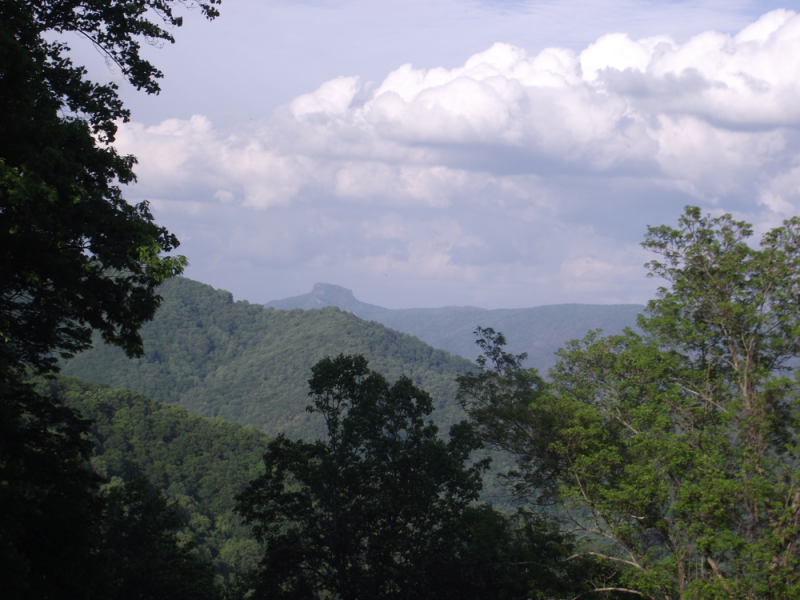
If you enjoy going hiking, then why not contribute to science while you’re at it? Monitor the mountains on your hike and help scientists gather information necessary to study climate change.
The Appalachian Mountain Club is always looking for volunteers for their Mountain Watch project, where you can help scientists to track plant development in the Eastern Appalachian Mountains and other Northeast areas.
This isn’t the first time the club has asked for volunteers. In fact, it has a 140-year history of working with the public to raise money to conserve wild lands, support laws that protect nature, and build and preserve trails.
Mountain Watch, their citizen science program, was started in 2004 to allow visitors the opportunity to contribute to science by collecting data while they hike. Volunteers take note of blooming patterns on mountain flowers in an attempt to improve current understanding of climate change and the effect this has on the phenology of plants at upper elevations.
Volunteers are expected to track the plant development of a small set of forest and alpine plants in the area. The data you collect will be used to help scientist with groundbreaking research, as well as increase public awareness about the issue of climate change and the effect this has on the environment, while also promoting conservation.

Furthermore, the data will be used to help decision-makers determine policy and land managers to make more informed decisions about the natural resources under their care. Many hikers like the opportunity to contribute to science, learn more about the ecology of the trails they love to visit, and also find a way to help conserve the area.
How to Get Involved
If you’re interested in getting involved in this type of fieldwork, you will need to register for an account on the Appalachian Mountain Club’s website. It’s free to take part in the project and requires variable levels of time commitment, so it’s best to check with them first.
The dates for this are ongoing, and the project is accessible to people of all ages. The AMC encourages school groups, hikers, conservationists, and families to take part, so this could be an excellent way to get your whole family involved in hiking.
Online and in-person training have been made available for volunteers across several different projects. They also have an online datasheet application and visualization tool so that you, and other, can view the results. These tools will also help to ensure consistent protocol for data collection and analysis.
If you’re planning a hike, just be sure to have the appropriate hiking gear and supplies, along with a map. You will be able to download the data sheets and protocols from the website, but a mobile Android app is also available.
 Your Privacy Choices
Your Privacy Choices
 The
The